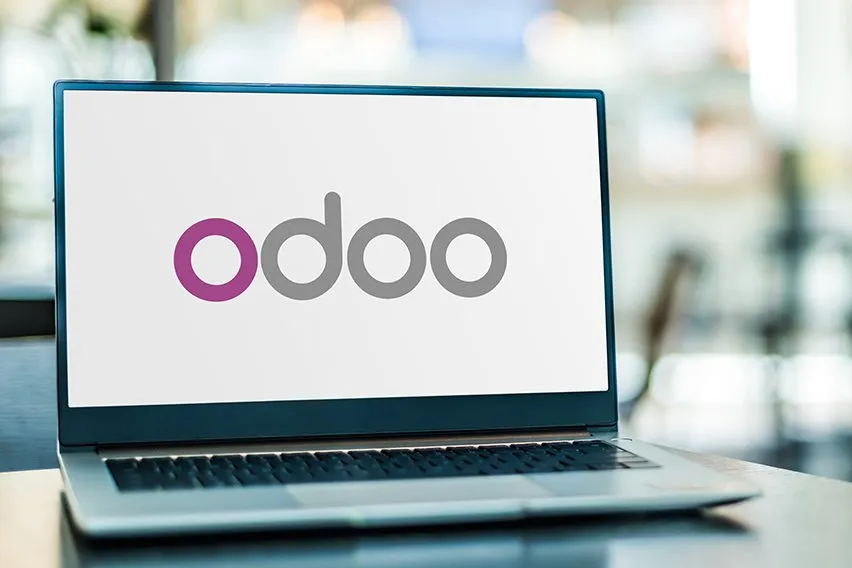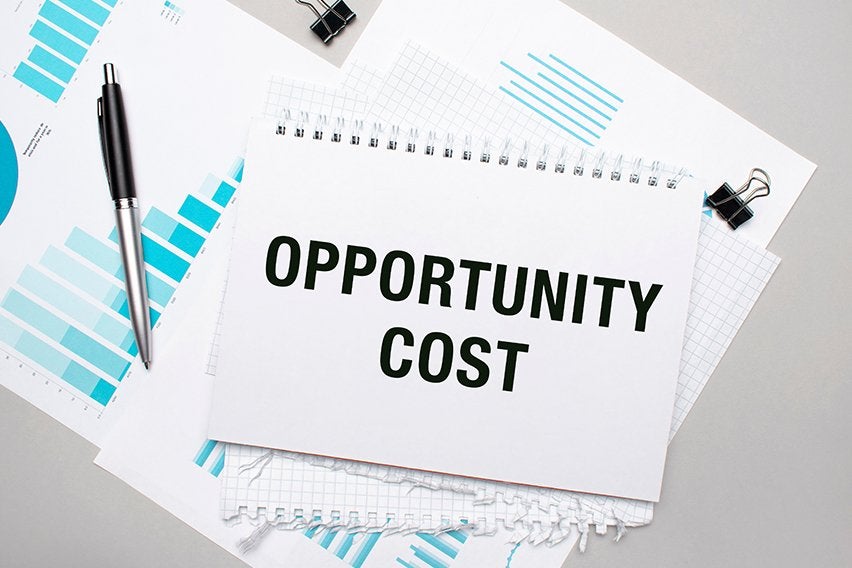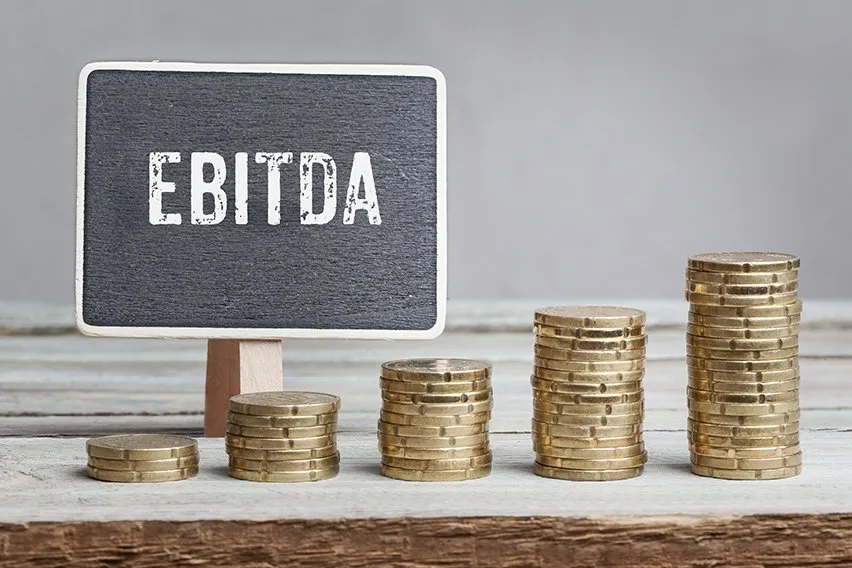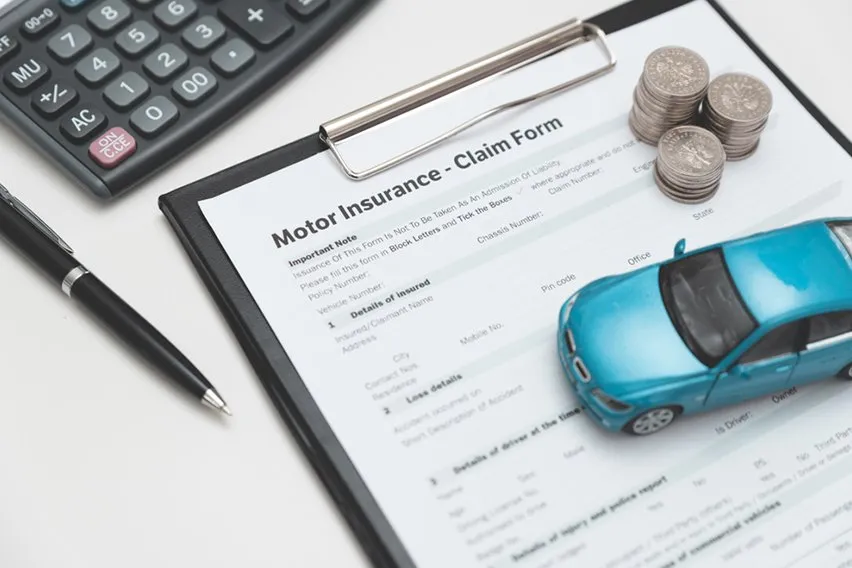6 Best Personal Finance Software

It can be tough to get a grip on your personal finances.
There are a number of things you have to consider when you’re looking at your finances. What are your financial goals? Do you have enough to cover your basic costs? Do you have enough to cover unexpected expenses? Are you putting enough away in savings?
When you’re in control of your finances, you can feel more confident, secure, and happy. But it can be difficult to keep track of all aspects of your personal finances. Luckily, personal finance software can help take a lot of the stress out of managing your finances.
But what exactly is personal finance software? We’ll take a closer look at the definition and layout the 6 best personal finance software currently available. So that you can choose the right one that works for you.
Here’s What We’ll Cover:
What Is Personal Finance Software?
Why Is Personal Finance Software Important?
What Features Should Personal Finance Software Include?
The 6 Best Personal Finance Software
What Is Personal Finance Software?
Personal finance software is a type of software that helps you to keep a track of your money and make better financial decisions and choices.
A standard software will allow you to monitor all of your bank accounts, credit cards, loans and investment balances in one place. It also allows you to log your income and outgoings which gives you an in-depth picture of your position. This then enables you to plan and set goals for the future.
Some packages are free to use but may have limited features. While others will charge you a monthly or yearly fee but with access to more features and analytics.

Why Is Personal Finance Software Important?
Using personal finance software lets you see where your money is going on a regular basis. You can then use this information to set goals or alter your spending habits.
It is a great tool if you want to save up for a larger expense such as purchasing a car or putting a deposit down on a house.
Software allows you to integrate your bill-paying schedule so that you can set reminders for upcoming payments. You can also analyse your incomings and outgoings with analytics and set short or long-term budgets.
What Features Should Personal Finance Software Include?
When you’re looking for personal finance software, you’ll want to make sure you’re getting these key features:
- Account Linking: Linking your personal accounts to your software means that you don’t have to constantly upload all of your transactions in order to monitor your spending. By automatically linking your spending, you can easily see if you’re sticking to whatever budget you have set.
- Spending Categories: Finance software should be able to automatically categorise your transactions. Most will come with preset categories such as utilities, food shopping and entertainment. But good software will allow you to add and categorise your own sections.
- Analytics and Reporting: The software should be able to create graphs and charts to easily show your spending habits and patterns. You should also be able to see clear charts of your cash flow, budgets and net worth.
- Investing: Many personal finance software will allow for investment tracking. This is done by linking and integrating your investments with your software. From the software dashboard, you should be able to monitor the financial performance of all of your investments. You should also be alerted to any major changes.
- Credit Score Tracker: Any software should be able to allow you to keep a track of your credit score.
The 6 Best Personal Finance Software
1. Mint
Mint is a one-stop shop for personal finance software. It is a fully-featured tool that keeps things simple, but has a good range of features.
It is a web-based tool that also gives you access to a handy mobile app. Mint will help you to track your spending, design a budget, manage any debt you have and combine all of your financial accounts in one single place. It also offers subscription monitoring so you can keep a track of all of your subscriptions.
It has a simple, clean UI and an easy-to-access financial dashboard.
Mint is a free-to-use service but you’ll have to put up with the ads which can be distracting at times.
2. Quicken
Quicken is a well-established personal finance software. You can use their features to manage various aspects of your personal financial life from budget creation to debt tracking. You can also set savings goals and it even offers investment coaching.
The software integrates with Excel exporting. This allows you to manipulate and perform additional calculations on the data you gather from your spending.
The more advanced features include pill paying which allows you to set up payments for your bills directly from the software.
Quicken is robust enough to handle both your personal and business expenses which means you’ll never get confused and mix the two up. They also offer a mobile, web and desktop version so you can gain access wherever you are and whenever you need it.
They offer a starter pack which is billed at $35.00 per year. This goes right up to their Home & Business package at $93.59 per year.
3. You Need a Budget
You Need a Budget offers a great combination of flexibility and features. It helps to guide you through making a forward-thinking and intentional plan for your spending needs.
It offers goal setting and tracking, and reporting features to help you monitor your progress.
You can either link up your accounts to the software or manually enter your bills and transactions. This then pairs up with the software to allow real-time information that is available from any device.
Rather than just automating the budgeting process, YNAB actually goes some way to teach you how to budget. This can help you to learn new and progressive habits that will impact your financial future.
It is one of the pricier options at a monthly fee of $15 per month or $99 if you pay annually.
4. Honeydue
Honeydue is a personal finance software that is designed specifically for couples. This could be you and a business partner or you and your life partner. Either way, all of its features are geared specifically towards helping you manage your finances with a partner.
You can link up accounts and customise what individual information you do and don’t share with the other party. This is whilst also communicating about finances directly through the app.
There are notification features that alert you to any upcoming bills. It will also alert you if you exceed your pre-set spending limits in your various budgeting categories.
It is an app that is focused on joint communication and sharing the burden of finances. It makes sharing information easy and seamless which is perfect for business or home life.
Honeydue is free to use but is only available for iOS or Android. So there is no desktop or web app for working on a larger screen.

5. Acorns
Mighty oaks from tiny acorns grow.
Acorns is a “round up” software. Essentially, you link your credit or debit card to the app. And whenever you make a purchase, the app will automatically round up the purchase to the nearest dollar. The extra pennies will then be sent directly to a savings account in the app.
So let’s say you were to buy something for $35.59, that extra $0.41 will be sent to the Acorn app and stored away. So you’ll keep putting small amounts of money aside without really noticing that it’s happening.
Acorns then puts your money into a diversified portfolio of ETFs, so you’ll also be working the market.
You can also set up automatic savings transfers to your Acorns account, so it doesn’t have to only be money that is rounded up.
Acorns is the perfect solution for people who find it hard to consistently put money aside for savings or budgeting. It allows you to save without any effort, and you’ll be surprised just how quickly a nice pot will fill up.
Their pricing structure is set at $3 per month. This gives you access to all of their features. They also offer a family bundle at $5 per month if you want to start an investment account for your children.
6. Personal Capital
Personal Capital is a robust budgeting software that allows you to manage your personal finances as well as set up for the future. They provide a retirement and savings planner that gives you access to the right tools to keep tabs on your investments.
You can track your net worth, keep an eye on your cash flow, and get a check up on your investments so that you can manage all of your capital in one place.
Personal Capital also integrates budgeting software with a number of other financial tools in their financial dashboard. This means that you can track your spending, monitor your investments performances in real time, and track your net worth all in one place.
While they have a desktop and a mobile version, you can only use the investment checkup feature on the desktop version. However, the iOS and Android apps still offer a wide range of features. This includes interactive tools for tracking your cash flow and investments.
Another bonus of Personal Capital is that it is free to use. So you don’t have to add the price for personal finance software to your budget.
Key Takeaways
Personal finance software is a fantastic way to keep a detailed track and record of your personal finances.
A good software should be user-friendly and offer a wide range of features that make things easy for you.
When it comes to choosing which software, it’s important to make sure that you’re taking all of your circumstances into account. Decide what you personally need to focus on and choose a software that ticks as many boxes as possible.
Are you looking for more business advice on everything from starting a new business to new business practices?
Then check out the FreshBooks Resource Hub.
RELATED ARTICLES

 All About Dishonoured Cheques
All About Dishonoured Cheques Types of Business Structures
Types of Business Structures 4 Best Free Inventory Software for Small Businesses & Freelancers
4 Best Free Inventory Software for Small Businesses & Freelancers What Is Opportunity Cost? Definition & Examples
What Is Opportunity Cost? Definition & Examples What Is an EBITDA Margin? Definition, Formula & Examples
What Is an EBITDA Margin? Definition, Formula & Examples Market Risk Premium: Definition, Formula & Calculation
Market Risk Premium: Definition, Formula & Calculation